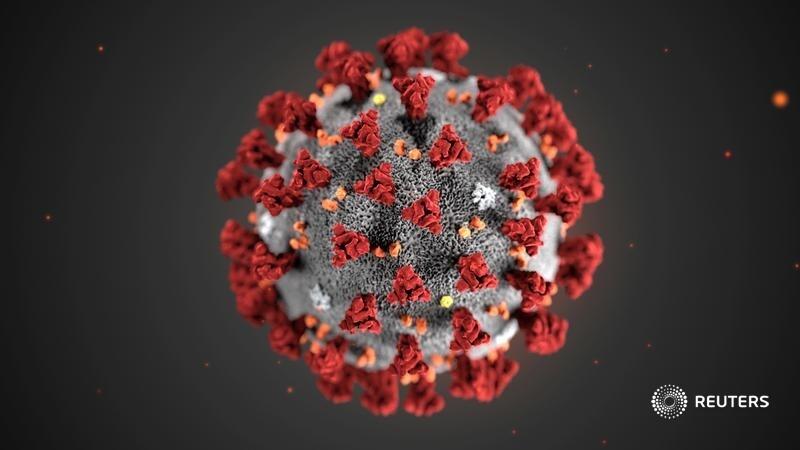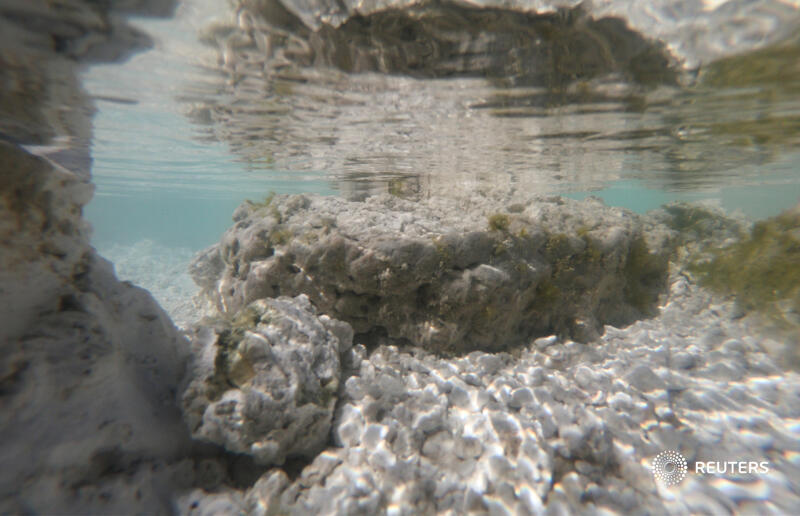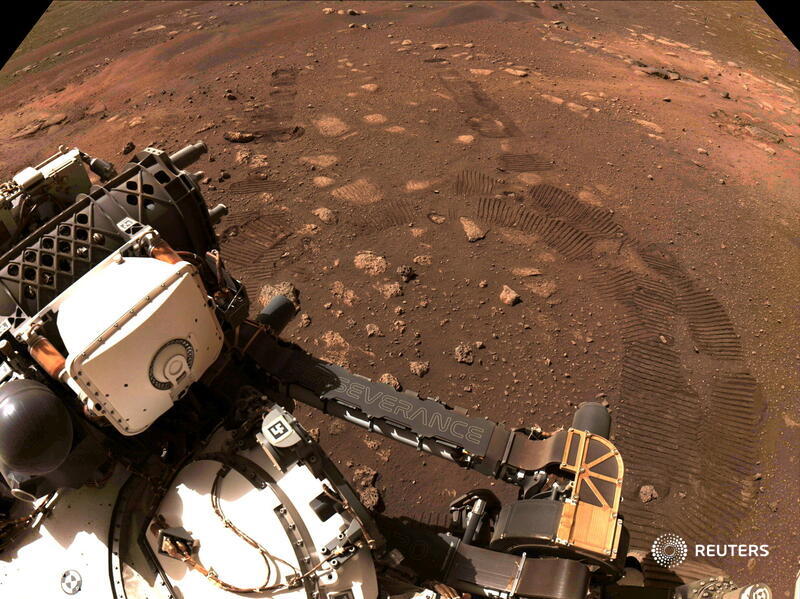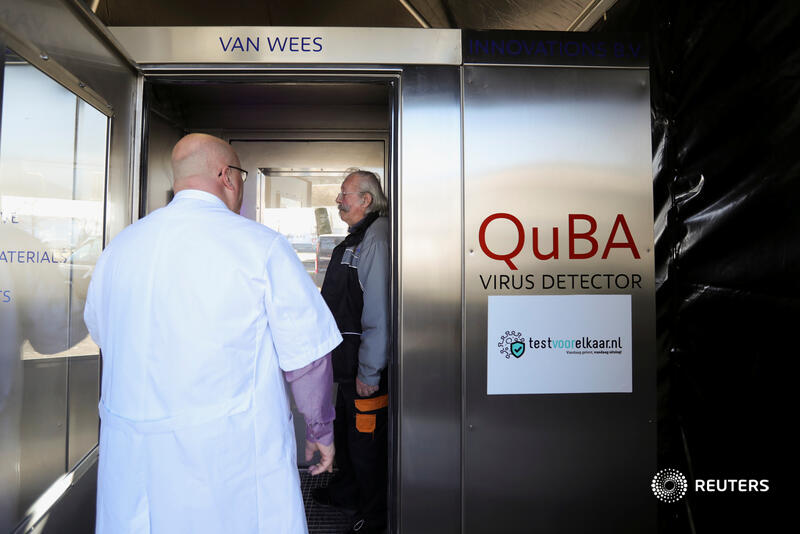
A third of COVID-19 survivors in a study of more than 230,000 mostly American patients were diagnosed with a brain or psychiatric disorder within six months, suggesting the pandemic could lead to a wave of mental and neurological problems, scientists said reut.rs/2Q69eON 

Researchers who conducted the analysis said it was not clear how the virus was linked to psychiatric conditions such as anxiety and depression, but that these were the most common diagnoses among 14 disorders they looked at 

Post-COVID cases of stroke, dementia and other neurological disorders were rarer, the researchers said, but were still significant, especially in those who had severe COVID-19 

Max Taquet, also an Oxford psychiatrist who worked with Paul Harrison, a professor of psychiatry at Oxford University who co-led the work, noted that the study was not able to examine the biological or psychological mechanisms involved 

Health experts are increasingly concerned by evidence of higher risks of brain and mental health disorders among COVID survivors.
A previous study by the same researchers found last year that 20% of COVID survivors were diagnosed with a psychiatric disorder within three months
A previous study by the same researchers found last year that 20% of COVID survivors were diagnosed with a psychiatric disorder within three months

The new findings, published in @TheLancet Psychiatry journal found 34% of the analyzed health records had been diagnosed with neurological or psychiatric illnesses within six months.
@kkelland reports reut.rs/2Q69eON
@kkelland reports reut.rs/2Q69eON
• • •
Missing some Tweet in this thread? You can try to
force a refresh





















